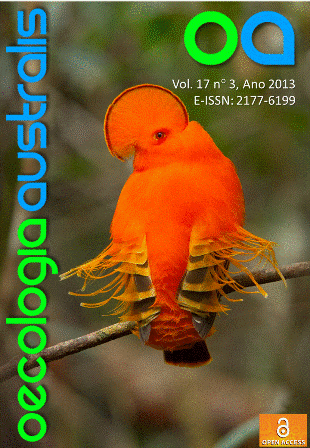BEYOND THE BIOLOGICAL PERSPECTIVE OF THE ROAD/FAUNA CONFLICT: VERTEBRATES IN THE DECISION MAKING OF SPANISH MOTORWAY OPERATING COMPANIES
Keywords:
, concession, corporate social responsibility, highway, management, mitigationAbstract
Apart from safety issues, most scientific literature on the road/wildlife conflict has been focused on the analysis of the impacts of roads on animal populations. However, the integration of roads into ecosystems does not follow straightforwardly from such analyses as it depends on reciprocal interactions between the infrastructure, the management operations and the biological communities in the surroundings. Thus, the involvement of companies that operate motorways is a key consideration in designing strategies to the environmental integration. From this perspective, we surveyed companies operating eight motorway sections in Spain (c. 225km in total) in order to know: i) the types of fauna-related problems they faced, ii) the mitigation measures they take in response, and iii) the importance given to such problems in decision making, both subjectively and in terms of cost. Results show that preoccupation for wildlife and the implementation of mitigation measures varies between motorway sections, the highest-scored problems being roadkills (cited in 100% of cases, although few accidents result), effects on the stability of roadslopes (50%), damage to fencing (50%) and carriageway deterioration (12%), according to technicians in charge of management. Furthermore, the typology and extent of the problems differed significatively depending on the type of landscape crossed, with a clear contrast between those affecting motorways crossing urban zones and those seen at motorways in less disturbed areas. Companies adopt several mitigation and management actions that focus on these problems, with costs regarded as nonexistent or low in 62% of cases or moderate in 38%. The effectiveness of such actions is scarcely analysed, which is surprising. In this regard, 38% of responders considered that the public image of their companies suffers from the road/wildlife conflict and 50% of them think that new mitigation measures should be implemented to address the problems. In conclusion, the survey shows i) that road operating companies are well disposed to take measures aimed at diminishing the road/wildlife conflict, and ii) that highway management could clearly benefit from improving scientific analyses of the implemented measures. Improved management could thus result from knowledge generated by their own monitoring of the effects of roads on wildlife.


